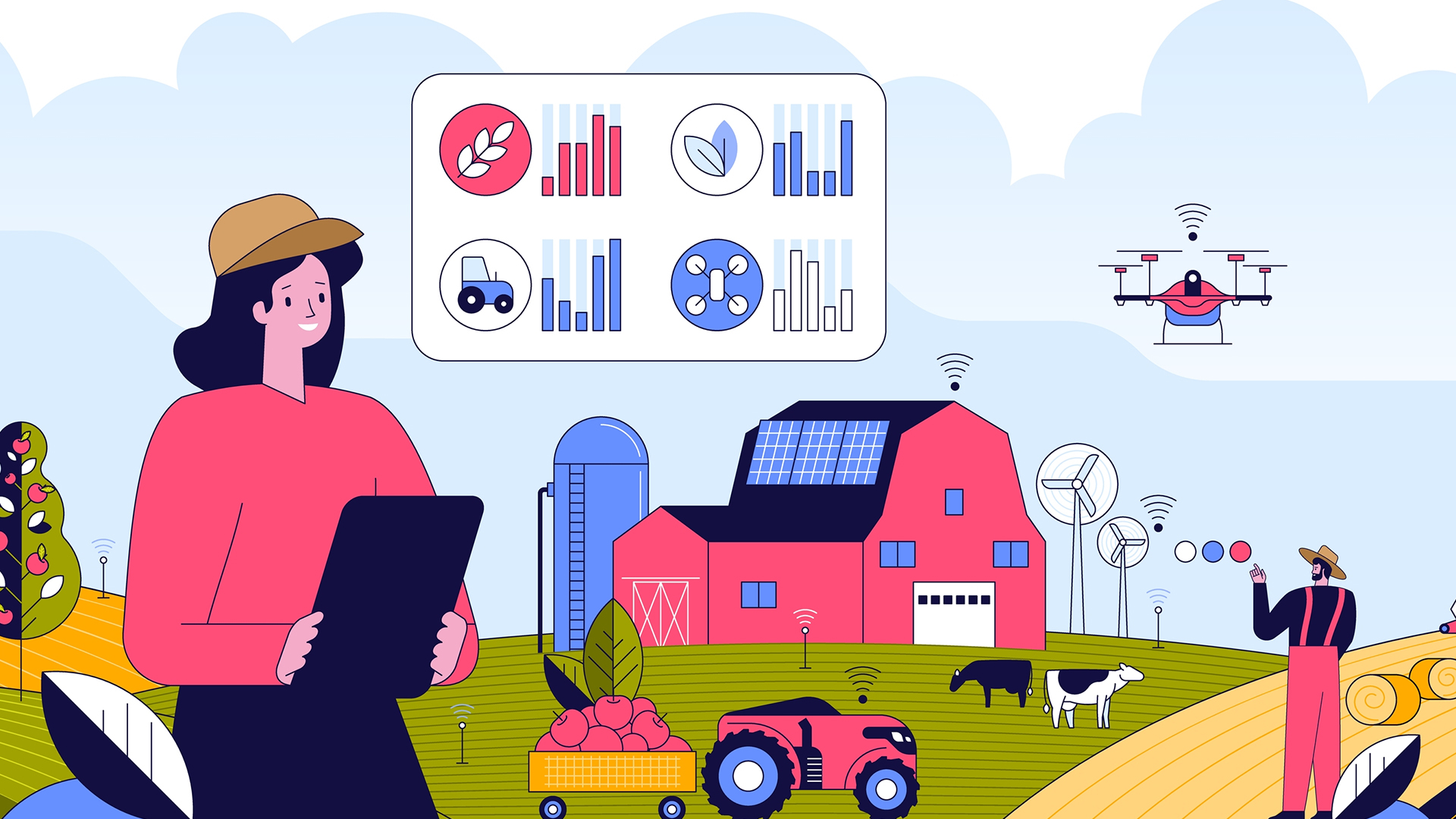
Montreal – Food security and affordability are a concern across Canada, and around the world. New research from the IRPP outlines how the adoption of a digital strategy could help Canada’s agriculture sector reduce hunger, adapt to climate change, optimize land and water use, and promote sustainable economic growth across the country.
New technologies are emerging such as precision agriculture, variable-rate technology, digital-farm management and digital animal-health management, which hold the potential to benefit farmers and consumers. But several hurdles stand in the way.
In a paper published by the IRPP, University of Saskatchewan professor emeritus Peter Phillips calls on Canadian governments to adopt an ambitious high-risk, high-reward strategy that will overcome these barriers and optimize the use of these promising technologies. The strategy requires bold action and collaboration from governments, the private sector and academic institutions. Phillips recommends that policymakers:
“Governments should take advantage of the significant opportunities for economic growth for technology developers, telecommunication companies, farmers and other companies along the supply chain from farm to table,” says Phillips.
“Canada has the chance to succeed with a well thought out plan and the right mix of investment, planning, collaboration and governance. Canada can do well by doing good, increasing our economic returns from our world-class agri-food system, and contributing to global food security and climate change goals. There is no time to waste,” Phillips concludes.
This publication is the first in a three-part series, Imagining a Better Digital Future for Canada. The series was made possible with the support of TELUS.
Can Canada Help Feed the World While Reducing Emissions? Assessing Challenges and Barriers to Digital Opportunities in Agriculture can be downloaded from the IRPP’s website (irpp.org).
Media contact: Cléa Desjardins – 514-245-2139 – cdesjardins@nullirpp.org

Cléa Desjardins
Communications Director
514-245-2139 • cdesjardins@irpp.org